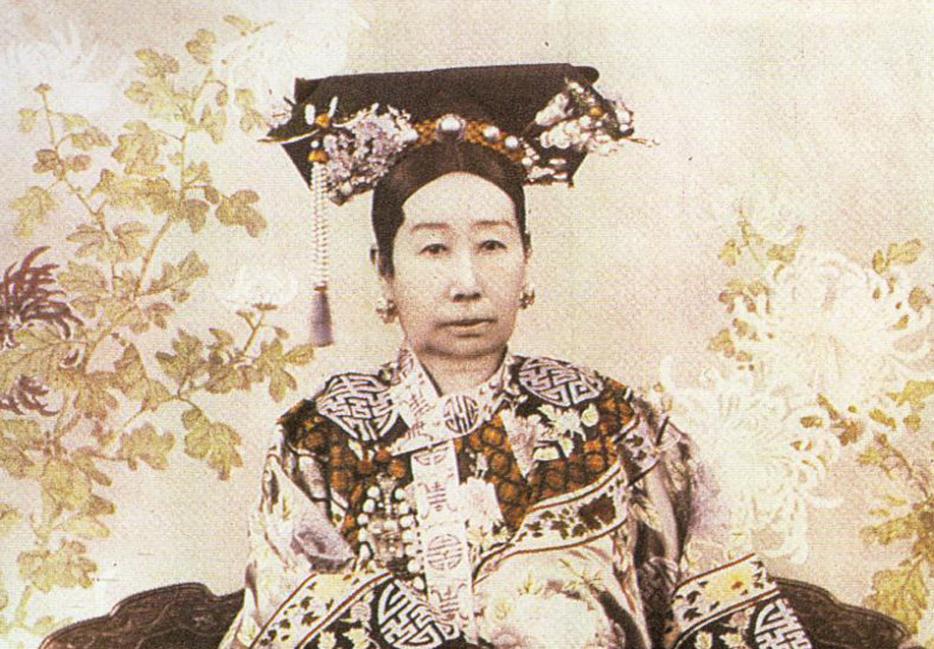On Christmas Eve, my extended family and I sat in my cousin’s living room and discussed the usual holiday topics: my cousin’s wife’s pregnancy; how much warmer my other cousin was in Australia right now; and murder with a blunt instrument. My uncle was telling us about the time he served on a jury—it was a murder trial for a case in which a man had beaten another man to death in the park around the corner from my sister’s apartment. “It was clear that the guy did it,” my uncle said. “All the witnesses pretty much said so, and there were a lot of witnesses because it was basically two guys and a bunch of their friends who agreed to meet in the park for a fight.”
The most important thing the jury in this case needed to decide was not what happened, but whether the accused intended for it to happen. Intention is the difference between manslaughter and murder.
Historians are not governed by the same strict set of rules as judges and lawyers, but history is in many ways a courtroom in which we air out similar questions of blame. In the process, it’s hard not to ascribe supernatural levels of foresight to historical actors. The project of Jung Chang’s new book, Empress Dowager Cixi: The Concubine Who Launched Modern China, is to rehabilitate the reputation of Cixi, the woman who essentially ran China from her coup in 1861 until her death in 1908. In Cixi’s final years, the Qing dynasty was tottering, and she perceived her adopted son, the Emperor Guangxu (who ruled the kingdom in name while Cixi actually held the levers of power) as an ineffectual and easily influenced character. Fearing that revolutionary elements would gain power by manipulating him, Cixi kidnapped Guangxu and kept him prisoner in the Sea Palace, an island villa in the middle of a lake; the day before she died of old age, she poisoned him.
It’s surprisingly hard to tell from someone’s actions what their intentions are. Let’s say the Empress Dowager of China were, instead, a teenager who had slugged another teenager at a rec centre in Brampton, Ontario. A case like this came up under Justice W.J. Blacklock in July of 2012, and his decision contains a lengthy analysis of the concept of “intent”:
Some eminent legal scholars hold the view that a consequence is not intended unless it is desired, recognizing that a consequence may be desired not as an end in itself but desired in order to accomplish some other purpose...Other eminent legal scholars hold that the test of intention is not whether the actor desired the relevant consequence, but whether he decided or resolved to bring it about, even though it may have been distasteful to him... There is, however, substantial support for the proposition that in the criminal law a person intends a particular consequence not only when his conscious purpose is to bring it about, but also when he foresees that the consequence is certain or substantially certain to result from his conduct[.]
In other words, you don’t have to be a genius to foresee that punching someone in the face as hard as you can might result in their front two teeth getting knocked out. Whining “But I didn’t mean to!” doesn’t cut any ice with Justice Blacklock, who found the teenager in this case guilty of assault.
If you feed someone large quantities of arsenic, you don’t need to be a genius to understand that he will die. But in historical narratives, for better or worse, individual human lives are not what matter most. As a historic ruler, Cixi is not on trial for the murder of her adopted son, but for the national outcome of her decisions while in office.
There is no question that Cixi intended Guangxu to die. It’s in her assessment of Cixi’s larger intentions for the country that Chang differs from the established interpretation of these events. Historians writing before Chang have mostly argued that Cixi was a deeply conservative figure, who instituted reforms reluctantly or as an expedient response to political upheaval—her suppression and murder of Guangxu have been cast as expressions of her anti-reform stance. As the title of Chang’s book suggests, she would like to establish Cixi as the driving force behind modernization in China. The advent of the railway, increased export of manufactured goods to the outside world, freedom of the press, and a revised education system; all of these, Chang argues, came about because of Cixi’s personal enthusiasm for reform—in Chang’s telling, it’s Guangxu who was the conservative, and Cixi killed him to prevent his being used as a puppet by the hovering Japanese.
When I was 11 years old I moved a glass my stepfather was pouring water into from a jug and the water went all over the table. My stepfather thought I did it on purpose and was very annoyed. The funny thing is, I didn’t mean for the water to go all over the table. I somehow forgot that if I moved the glass, the water would keep pouring; it seemed to me as if water pouring into the glass were one event, that without the glass the water would naturally stop pouring. I think about this sometimes when I think about intention and causality.
Ascribing intention to historical actors is a bit like this; in history, there are no laws of causality that hold true the way that physical laws do. Sometimes moving the glass does make the water stop pouring. After Cixi’s death, and the death of Emperor Guangxu, the Japanese still invaded China. But it didn’t happen until the 1930s, by which point China was no longer run by an emperor but by Chiang Kai-shek, who fought Japan rather than allowing China to be absorbed. Somewhere between the pitcher and the glass are an infinite number of possible futures, and it’s only in retrospect that we see how one event led to another, or think we do. Our assessment of what Cixi meant is coloured by what came to be.
If the weak Emperor Guangxu had given China over to the Japanese, would historians blame the stronger Cixi for failing to stop him? As Justice Blacklock remarks, in some legal definitions of intent, blame can legitimately be assigned to “Every one who causes the occurrence of an event by doing an act or by omitting to do an act that it is his duty to do[.]” Like jury service, sometimes poisoning one’s adopted son is just doing your duty.
Every week, Linda Besner reads a new book and writes on a tangentially related topic.
Image via Wikimedia






